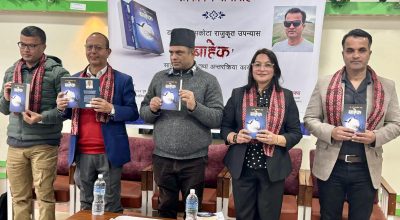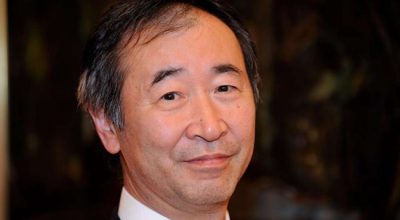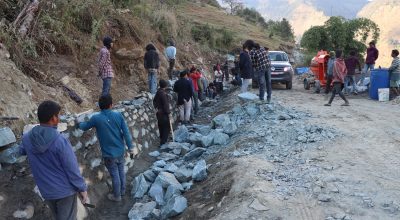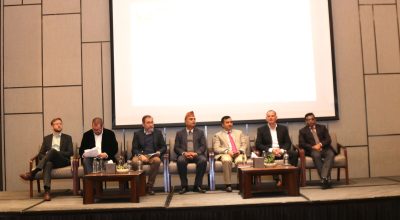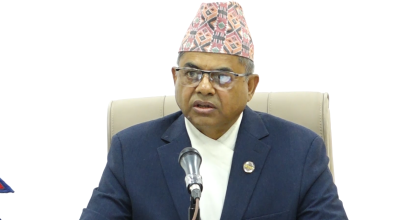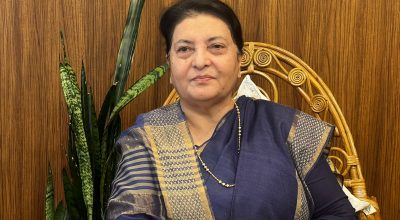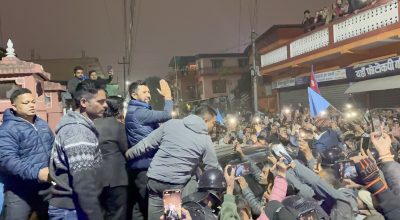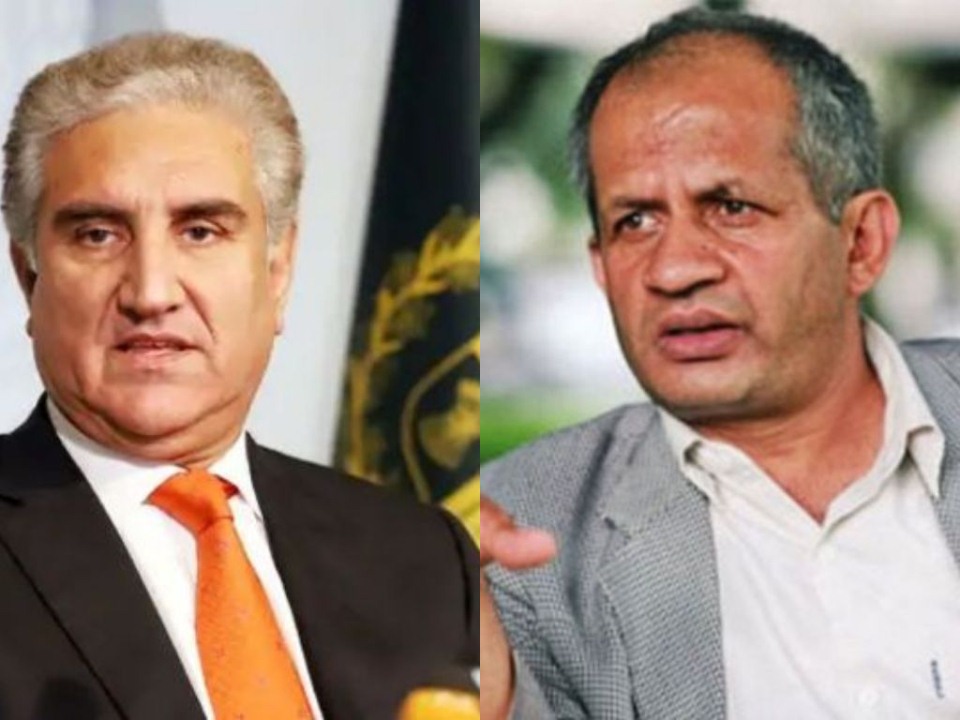
Kathmandu, Aug 30: Amid escalating tensions between India and Pakistan over New Delhi’s move on Jammu and Kashmir, both countries have confirmed their participation in the meeting of SAARC Council of Ministers at Foreign Minister level to be held in New York.

Since August 5, when India abrogated Article 370 of its constitution, the two South Asian countries, which have fought two wars over Kashmir, have been trading barbs.
Against this background, the confirmation from the nuclear-armed rivals to participate in the meeting called by Nepal as the chair of South Asian Association for Regional Cooperation (SAARC)can result in some positives, officials familiar with the development told the Post. The meeting will be held on the margins of the 73rd United Nations General Assembly on September 26.
Both India and Pakistan have already sent their concurrence to the Ministry of Foreign Affairs and SAARC Secretariat in Kathmandu, at least two officials told the Post.
India and Pakistan were the firsts to confirm their participation in the meeting informally, said one director at the SAARC Secretariat on condition of anonymity because he was not authorised to speak to the media.
Foreign Ministry Spokesperson Bharat Raj Poudyal said that the ministry had received concurrence from some member states while it is in the process of receiving confirmation. Informally all member states have given the consent on the date, and now the Foreign Ministry and Saarc Secretariat are waiting for the same in the written form, said Poudyal.
Though the meeting of SAARC Council of Ministers is an annual affair and usually takes place on the sidelines of the United Nations General Assembly, this time, there were speculations it might not happen due to escalating diplomatic tensions between India and Pakistan and India’s disinterest towards the SAARC process.
More than three decades since its inception, the regional grouping, originally comprising seven countries before the addition of Afghanistan in 2005, has failed to make desired progress, largely due to rivalry between Indian and Pakistan.
Indian Prime Minister Narendra Modi’s push for another regional bloc, BIMSTEC, which does not have Pakistan as a member, has also stoked concerns over SAARC’s future.
The 19th SAARC Summit has failed to take place since India decided to pull out of it in 2016 following a terrorist attack in Uri, Kashmir.
After his re-election, Modi, who had invited leaders of all SAARC member states in 2014, invited leaders of BIMSTEC for his swearing-in May this year, in what looked like his firm push against Pakistan.
Amid this, the meeting at foreign minister’s level could be helpful in laying the ground for expediting the SAARC process, said experts but with a caveat that given the nature of the meeting, all will depend on how the situation unfolds.
“It is an informal meeting, and no structured agendas are being tabled,” said Arjun Bahadur Thapa, former secretary-general of SAARC.
Though such meetings have taken place regularly in the past, the India-Pakistan rivalry is often reflected there.
During last year’s meeting in New York, India’s then external affairs minister, late Sushma Swaraj, had walked out of the meeting hall after finishing her statement without listening to the remarks of her Pakistani counterpart.
India has defined the abrogation of Article 370 from its constitution as its internal matter, and some SAARC member states have already spoken in support of that.
Nepal has not issued any official statement, but Foreign Minister Gyawali told the media earlier this month that both the nations should engage in dialogue for regional peace and stability.
Nepali polity is largely divided over whether Nepal should make any official position on New Delhi’s move on Jammu and Kashmir. A section of foreign policy experts in Nepal believes Kathmandu must make an official position on the issue as the chair of SAARC.
Both the nations have ramped up diplomatic efforts in the region and beyond to seek support in their favour after August 5.
Indian Foreign Minister S Jaishankar visited Nepal on August 22-23 and sought Nepal’s clearer position on Jammu and Kashmir.
The day Jaishankar left from Kathmandu after concluding his Nepal visit on August 23, Pakistani Foreign Minister Makhdoom Shah Mahmood Qureshi had held a telephonic conversation with Gyawali, apprising the latest situation in Jammu and Kashmir and urging Nepal to play its role as SAARC chair for peace and stability in the region.
If the foreign ministers from India and Pakistan meet at the SAARC Council of Ministers’ meeting which will be presided over by Nepal, this could probably be the first high-level engagement between them since August 5.
The meeting in New York, however, will not have much of its impact when it comes to reviving the SAARC process and holding the summit anytime soon, say experts.
“I do not see any possibility of SAARC summit in the near future,” Thapa told the Post. “There is no such hard and fast rule that foreign ministers of India and Pakistan should talk. If we go through the recent tension between India and Pakistan, I do not see any breakthrough in the meeting. But then again who knows.”
Besides reviewing the progress made by SAARC in the last one year, the meeting of SAARC Council of Ministers will endorse the name of new SAARC Secretary-General from Sri Lanka, Esala Weerakoon, as the next head of the regional body as incumbent Secretary General Amjad Hussain B Sial of Pakistan will complete his term in March 2020.
Gyawali will lead the Nepali delegation in New York, as Prime Minister KP Sharma Oli is skipping the UN General Assembly this year due to his health conditions. (Anil Giri: The Kathmandu Post)





